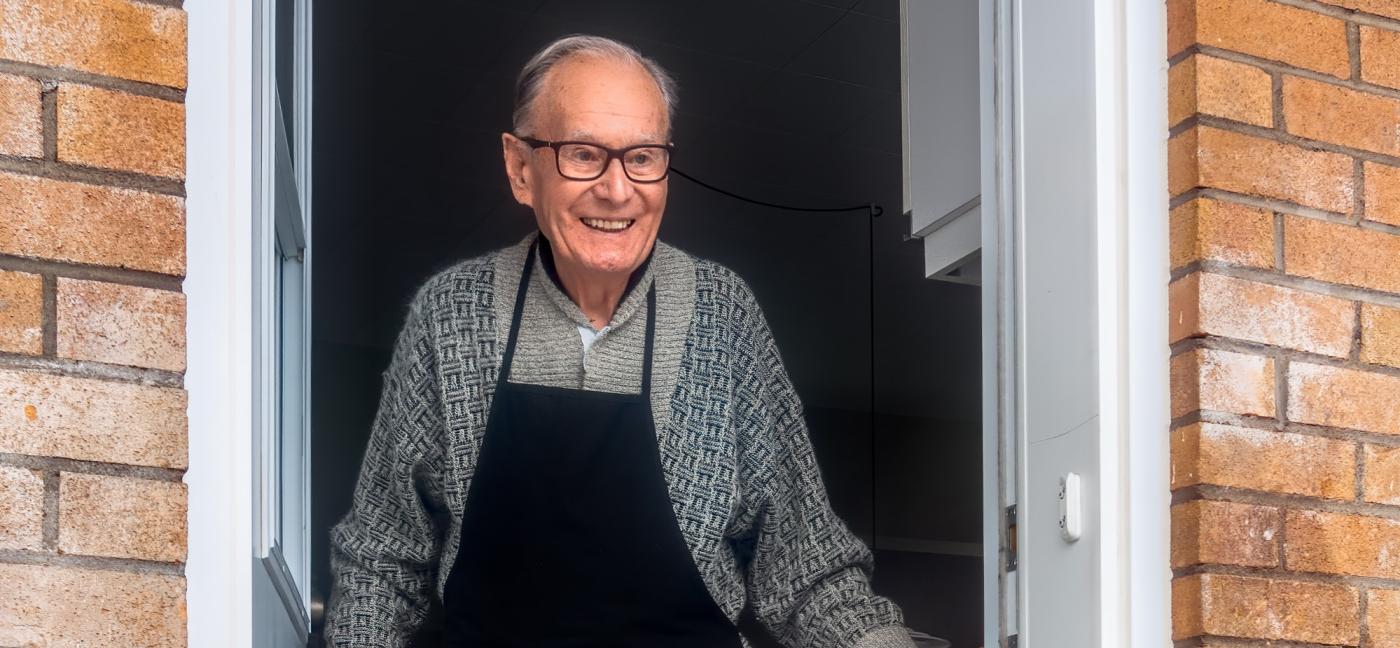Overview
People with Alzheimer’s disease often complain of language difficulties that reduce their engagement in social activities, affect their quality of life, and increase caregiver burden. Individuals with a type of Alzheimer’s disease called logopenic variant primary progressive aphasia experience great difficulties finding words, repeating sentences, reading, and writing. These impairments ameliorate with speech therapy targeted to strengthen their language.
Recently, a safe and inexpensive brain stimulation technique called transcranial direct current stimulation has been paired with speech therapy as it enhances treatment effects for periods of up to six months. Positive effects are seen during stimulation or after stimulation, particularly, after sleep.
Project Details
Importantly, research highlighted the individual variability of response to this new approach in healthy adults, people with aphasia due to stroke and people with dementia. Consequently, before we apply these methods at scale, it is key to understand how to tailor combined speech therapy and stimulation in single individuals with logopenic variants.
Additionally, the current positive results encourage us to expand these interventions to the most prevalent type of dementia – amnestic Alzheimer’s disease. This is essential because of the increasing dementia rates and because pharmacological treatments are ineffective to cope with chronic language impairments in this population.
In this pilot, we will assess whether individuals with Alzheimer’s disease can benefit from an intervention by measuring their responses to one session of speech therapy and stimulation. This “one-session approach” is cost-effective and will be used to predict treatment effects, as these may increase with repeated sessions as shown in people language difficulties after stroke, paresis, bulimia and chronic pain. This study will serve to refine/power our treatment protocol and to secure funding for a larger treatment study.



